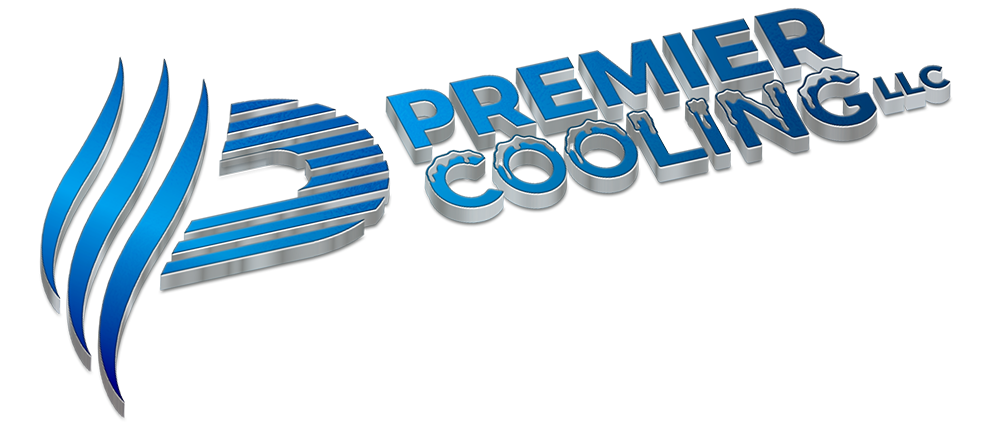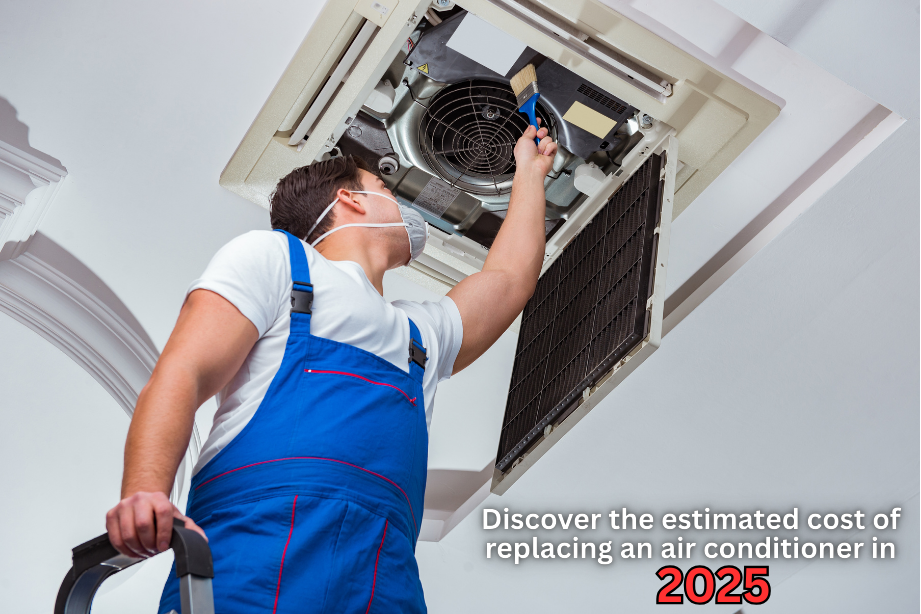
The True Cost of Skipping Furnace Repair in Your Broward County Residence
April 21, 2024
How HVAC Coil Cleaning Can Improve Your Air Quality and Allergy Relief
April 29, 2024Importance of regular HVAC troubleshooting
Regular HVAC troubleshooting helps identify and fix issues early, preventing costly repairs down the line. By addressing problems promptly, you can ensure your HVAC system operates efficiently, reducing energy consumption and lowering utility bills. Additionally, maintaining your system through consistent troubleshooting can extend its lifespan, saving you money on premature replacements.
Common HVAC issues that can arise
Always pay attention to these common HVAC issues to save yourself both hassle and money down the road. Look out for dirty filters, as they can restrict airflow and make your system work harder. Thermostat problems can also be a culprit, leading to incorrect temperature readings. Keep an eye on pilot or ignition control issues, often indicated by your HVAC system not turning on or producing heat. Leaking refrigerant is another issue to watch out for, as it can cause your system to work inefficiently. Finally, be aware of blocked condensation lines that can lead to water leaks and mold growth.
Signs that indicate HVAC problems
Look out for signs like weird noises, inconsistent temperatures, foul odors, and higher energy bills, which could indicate problems with your HVAC system. Ignoring these signs may lead to more expensive repairs or even a full system replacement. Regular HVAC troubleshooting can help you catch issues early and save you money in the long run.
Benefits of early HVAC issue detection
Early detection of HVAC issues can save you money by preventing costly repairs or replacements in the future. By identifying problems early on, you can address them before they worsen and lead to more significant damage. Regular troubleshooting helps ensure your HVAC system operates efficiently, reducing energy consumption and lowering your utility bills. It also helps extend the lifespan of your HVAC system, saving you from the expense of premature replacements. By staying ahead of any issues, you can enjoy a comfortable home environment and avoid sudden breakdowns that could be disruptive and costly.
How regular troubleshooting can prevent costly repairs
Regular troubleshooting of your HVAC system can help you catch potential issues early on before they become bigger problems. By identifying and fixing minor issues promptly, you can prevent them from escalating into costly repairs down the line. Maintaining regular maintenance checks can also extend the lifespan of your HVAC system and ensure it operates efficiently, saving you money on energy bills in the long run.
DIY HVAC troubleshooting tips
Checking and cleaning your filters regularly can help prevent issues in your HVAC system. Inspect the thermostat settings to ensure they are correct and the batteries are working. Clean the outdoor unit to remove debris that can affect its efficiency. Inspect the ductwork for leaks and seal them to improve airflow. Check the airflow in each room to ensure it is consistent. Look for any unusual sounds or smells coming from the system. Regular maintenance can help you catch problems early and save you money on costly repairs in the future.
Hiring a professional for HVAC troubleshooting
When it comes to HVAC troubleshooting, hiring a professional can actually save you money in the long run. HVAC systems are complex, and issues can be tricky to diagnose without the right expertise. By hiring a pro, you ensure that the problem is accurately identified and fixed, preventing costly mistakes. Professionals have the necessary tools and knowledge to get the job done efficiently, saving you time and hassle. Regular maintenance can also prevent future breakdowns, ultimately saving you from expensive repairs down the line.
Cost-saving strategies with regular HVAC maintenance
Regular maintenance of your HVAC system can help you save money in the long run. By identifying and fixing small issues before they become major problems, you can prevent costly repairs or even the need for a full system replacement. Additionally, a well-maintained HVAC system operates more efficiently, which can lead to lower energy bills. Changing air filters regularly and scheduling professional check-ups annually are simple yet effective strategies to ensure your HVAC system is working efficiently and to avoid unexpected expenses related to your heating and cooling system.
Energy efficiency improvements through troubleshooting
Regular HVAC troubleshooting can help you save money by making your system more energy efficient. Identifying and fixing issues like dirty filters, leaky ducts, or malfunctioning thermostats can improve your HVAC system’s performance. By addressing these problems, your HVAC system won’t have to work as hard to maintain your desired temperature, resulting in lower energy bills. Remember, proactive troubleshooting can prevent costly repairs and extend the lifespan of your HVAC system.
Conclusion: Saving money with proactive HVAC care
Regular HVAC troubleshooting can help you save money by catching small issues before they turn into costly repairs. By addressing problems early, you can prevent your system from breaking down unexpectedly, which can save you money on emergency repairs. Additionally, keeping your HVAC system well-maintained can improve its efficiency, lowering your energy bills. Scheduling routine maintenance with a professional HVAC technician can also extend the lifespan of your system, meaning you won’t have to replace it as often. In conclusion, being proactive about caring for your HVAC system can help you save money in the long run.






